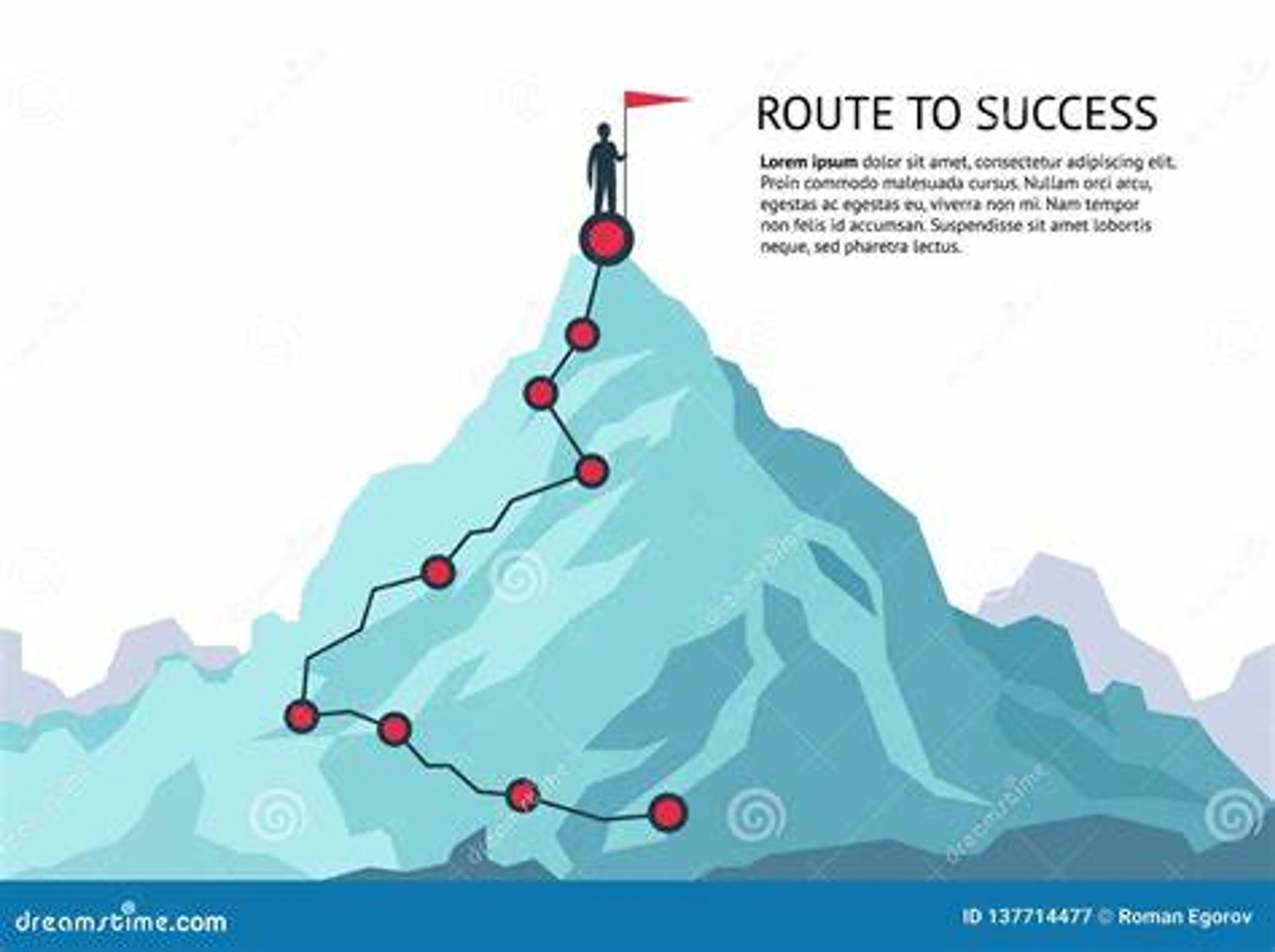Introduction
Self-confidence is the cornerstone of self-empowerment and personal growth. It's the belief in one's abilities, worth, and capacity to face life's challenges. Self-confident individuals are more likely to set and achieve ambitious goals, take risks, and handle setbacks with resilience. In this essay, we will explore the profound significance of self-confidence, the factors that influence it, strategies for boosting self-confidence, and the transformative journey towards self-empowerment.
The Power of Self-Confidence
Self-confidence is a potent force that influences every aspect of our lives. It shapes our decisions, relationships, career choices, and overall well-being. Here are some key reasons why self-confidence is essential:
Positive Self-Image: Self-confident individuals tend to have a more positive self-image and a healthier self-esteem.
Effective Communication: Confidence allows for clearer and more effective communication, both in personal and professional settings.
Resilience: Self-confidence helps individuals bounce back from failures and setbacks, viewing them as opportunities for growth.
Ambitious Goals: Confidence empowers people to set ambitious goals and pursue their dreams with determination.
Factors Influencing Self-Confidence
Self-confidence is influenced by various internal and external factors:
Self-Image: Your perception of yourself, influenced by past experiences and beliefs, plays a significant role in your self-confidence.
Support System: The encouragement and support from friends, family, mentors, and peers can boost self-confidence.
Competence: Mastery of skills and knowledge enhances self-confidence. The more you know and can do, the more confident you feel.
Positive Feedback: Positive feedback and affirmation reinforce self-confidence, while negative feedback can undermine it.
Strategies for Boosting Self-Confidence
Building self-confidence is a gradual process that requires patience and dedication. Here are strategies to help you boost your self-confidence:
Set Realistic Goals: Start with small, achievable goals and gradually work your way up to more significant challenges.
Challenge Negative Self-Talk: Identify and challenge self-limiting beliefs and replace them with more positive and empowering thoughts.
Develop Competence: Enhance your skills and knowledge in areas that matter to you. Competence breeds confidence.
Visualize Success: Use visualization techniques to imagine yourself succeeding in various situations. This can help boost your confidence.
Celebrate Achievements: Acknowledge and celebrate your successes, no matter how small. This reinforces your self-worth.
Positive Affirmations: Use positive affirmations to counteract self-doubt and build a more positive self-image.
The Journey to Self-Empowerment
Self-confidence is a stepping stone on the path to self-empowerment. Self-empowerment goes beyond confidence; it involves taking control of your life, making choices aligned with your values, and creating a fulfilling and purpose-driven existence. The journey to self-empowerment often involves:
Self-Discovery: Understanding your strengths, weaknesses, values, and passions.
Setting Boundaries: Establishing healthy boundaries to protect your well-being and values.
Taking Initiative: Taking proactive steps toward your goals and dreams, even in the face of fear or uncertainty.
Embracing Challenges: Viewing challenges as opportunities for growth and learning.
Continuous Learning: Committing to lifelong learning and self-improvement.
Conclusion
In conclusion, self-confidence is the catalyst for self-empowerment and personal growth. It's the belief in your abilities and worth that propels you to pursue your goals and dreams with determination. Building self-confidence requires self-awareness, support from a positive environment, and the application of effective strategies. As you embark on your journey toward self-empowerment, remember that it is a continuous process of self-discovery, resilience, and personal development. Unleash your self-confidence, and you'll unlock the potential to lead a more empowered, fulfilling, and successful life.


